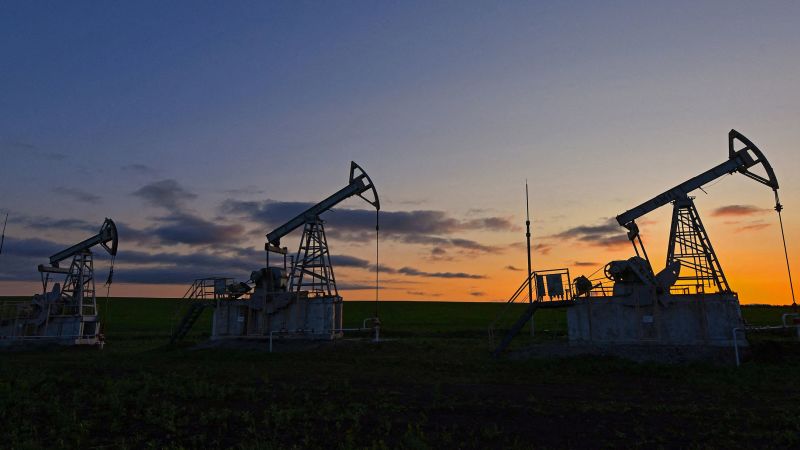The Organization of the Petroleum Exporting Countries and its allies, known as OPEC+, have agreed to extend a voluntary production cut of 2.2 million barrels of crude oil a day into 2025. This decision comes after previously agreed reductions of 3.66 million barrels per day announced for 2022 and 2023, as the group, led by Saudi Arabia and Russia, aimed to counter slowing demand and rising output from the United States. The agreement also includes new production requirements for member and nonmember countries, with the United Arab Emirates’ production quota seeing an increase of 300,000 barrels per day.
Despite the OPEC+ cuts, which amount to about 5.7% of global crude supply, and ongoing tensions in the Middle East, global oil prices have fallen by about 10% since hitting a five-month high in early April. The price of Brent crude, the global oil benchmark, is now trading at $82 a barrel, down from $91 in April. Similarly, the price of West Texas Intermediate crude, the US benchmark, has dropped from nearly $87 per barrel to $78. Saudi Arabia needs Brent crude to trade at around $81 a barrel in order to balance its budget, according to the International Monetary Fund.
Record US oil output and concerns about sluggish demand in China and other major economies have contributed to the subdued oil prices. The International Energy Agency has cut its forecast for global oil demand growth this year by 140,000 barrels per day to 1.1 million barrels per day, citing weak demand in developed economies, especially in Europe. Despite the weaker growth forecast, a supply crunch could develop, as the IEA expects global supply to increase by just 580,000 barrels per day this year and noted a potential supply deficit in 2024 if OPEC+ extends its output cuts through the year.
The OPEC+ decision to extend production cuts into 2025 coincides with Saudi Arabia selling more shares in its oil company Aramco. The government is selling less than 1% of the Riyadh-listed company in a deal that could raise $13 billion for economic diversification projects. The uptick in UAE’s production quota will be phased in gradually from January through September 2025, as the group looks to balance supply and demand in the global oil market. Despite efforts to stabilize prices and address potential supply deficits, ongoing factors such as US oil output and economic uncertainties in major oil-importing countries continue to influence the oil market.


